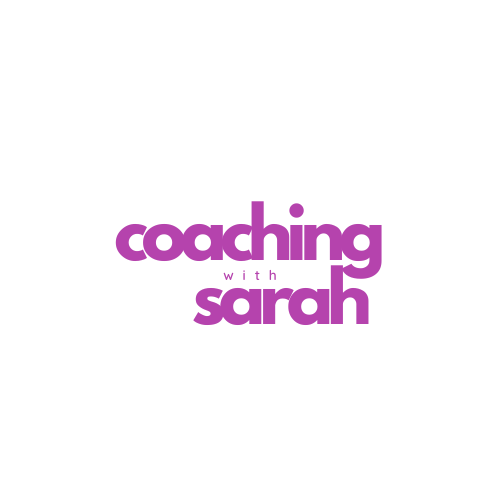Grit by Angela Duckworth
/I enjoyed reading Angela Duckworth's book Grit. I made it the first book to read and discuss in my book club for people looking to learn from others to help improve their lives. But when it came to writing a summary, I have to tell you that I am a little stuck.
It can be boiled down simply: "Talent × effort = skill. Skill × effort = achievement." or in other words "Effort counts twice."
Why do we need an entire book to share insights from people that apply this and failures of people that quit because they don't make the effort? Why do we need case study after case study to show us that we need more stick-to-itiveness?
And why is it so hard to stick to something? Why do we have a myth that genius is God's gift not because of effort and practice and learned skills?
I know from my own experience, I was an overachiever child and excelled at most subjects. I learned very quickly how prized good grades were, not to mention straight A's and perfect attendance. I remember being in a reading competition with my classmates in fifth grade. I was a good reader, but one girl read twice as many books as I did so I fell to a distant second or third place. Because I couldn't win, I stopped competing and focused elsewhere.
This is the story of how I went through most of my school. I picked subjects that I could put in some effort and excel. Notice I said some effort, not loads of effort. I never learned what it meant to put in tons of effort to get something that didn't come easily to me. I just decided I didn't really want the thing that badly, so I would change focus.
As an adult this became really frustrating because I would have interests that I wanted to pursue but they did not come completely naturally to me. I was doing ok at the introductory level, but once I advanced to the next level I was no longer excelling and I would feel discouraged. I would think that it was my fault that I wasn't naturally gifted at the thing (dancing, language, fitness, entrepreneurship, etc) and I would move on to the next thing. I would tell myself "I guess this isn't my thing! My calling is still out there, so I better cut my losses and move on!"
I learned this is not the way it works. Things don't come naturally to most people. The things we want to be really great at take dedication and practice. Sometimes we need a coach or an expert to guide us. Sometimes we need lessons, we need to fail, we need to learn how to pick ourselves back up and move forward with practice. We also need to connect to the reason why we want to pursue something that is difficult, and the bigger the impact that the reason has, the more likely we will stick to something.
One topic that Duckworth mentions is the idea of practice. In our culture, the idea of practice has melted away for the most part. We are almost always in performance mode, which is not useful for improving skills. Practice allows someone to go at a slower pace, to make mistakes and correct them, to try new things, and to build confidence. Think about rehearsals for a play. In a rehearsal, the actors work together with the director to memorize their lines, stumble through the blocking, and create the play that shows up onstage when everything is ready. Performance means we have the pressure of doing things perfectly, and mistakes are highly discouraged. The term "performance ready" essentially implies perfect and ready for an audience.
School is an area that we have asked students to be at performance level disproportionately more than in practice mode. Students are expected to be near perfect and not make mistakes, because those mistakes have a negative impact on your final grades. If there was more room for practice and encouragement to get back up after failure, students would develop more resilience and would develop their skills faster. They would also feel more confident and encouraged to stick with school longer, try harder subjects, and pursue higher education.
Reading this book was the synthesis of what I had been learning over the last year. The things that we really want don't come easily, and it takes grit to get to our greatest successes. I recently committed myself wholeheartedly with no turning back to my coaching business. It does not always have to look the way that it looks today, in fact I expect it will change, but I will make my coaching business a success no matter what. I am not giving up.
I saw a quote from Oprah today that summed this up nicely. "Direction I have. Speed I do not." I'm going to keep going in this direction, but I don't have to go fast.
Have you read Grit? What was your takeaway?

